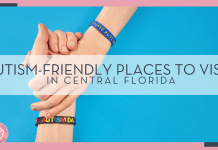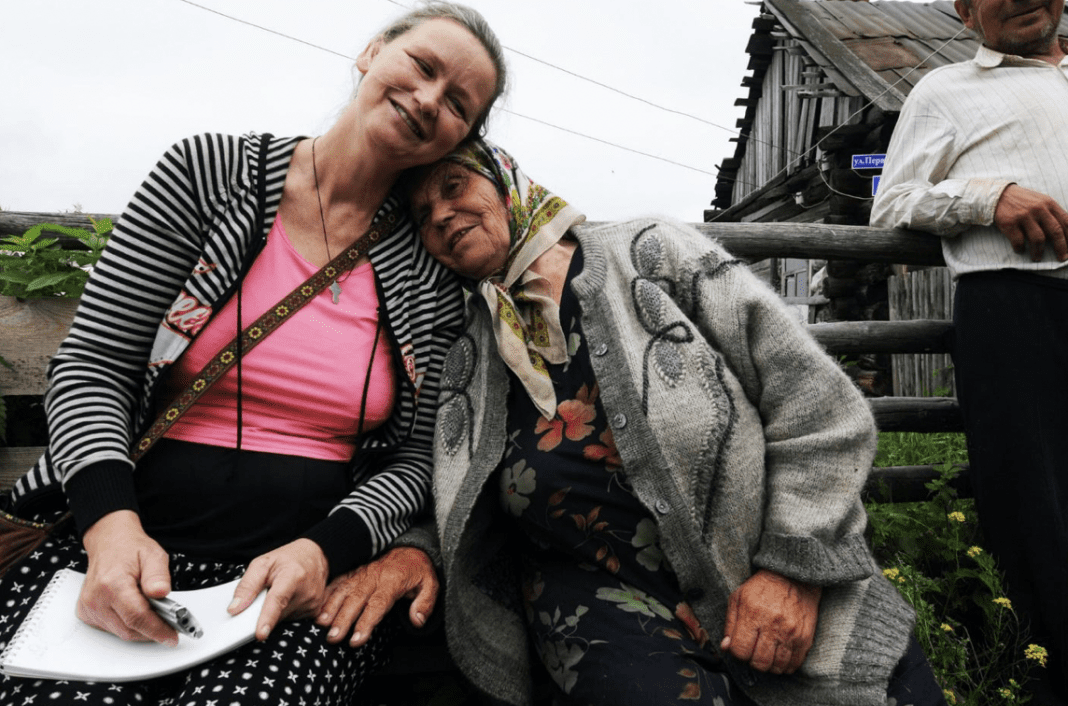Are you thinking about adopting an adult? There are some caveats in doing so. Here are a few things you should consider first!

Adoption can be a rewarding experience for both the adopter and the adoptive family. People adopt pets, kids, and even teenagers sometimes. However, have you ever thought of adopting an adult?
Wait, is that even a thing? Yes! Many families who may have lost their parents, elderly sons/daughters, feel alone or are just in emotional turmoil think of adopting an adult sometimes.
Besides the emotional perspective, its’ also very logical. With adults, you don’t have to go through the same learning process as with children.
If you are considering adopting an adult, here are some things you should have the answers to.
1. Is It an Impulsive Decision?
It’s important to consider whether or not you’re making an impulsive decision when adopting an adult.
You may be thinking: “I want this person in my life, and I want them to be happy.” But if you’re feeling pressured into making a decision quickly—whether bbecause of timing, money, or other factors—then maybe it’s not the right choice for you.
If you’re feeling pressured in any way, that might be a sign that you may not be ready for this new adult in your life.
2. Do You Understand the Legal Implications of Adopting an Adult?
There are also legal implications when adopting an adult. While these may seem overwhelming at first, they can be very helpful in making sure your adopted family member has all the rights they deserve under the law.
Also, the adoption law varies from state to state; sometimes, it’s too confusing. For example, in Georgia, you must be at least ten years older than the person you want to adopt and require no home residency. In Alaska, there are no such boundaries; you can adopt anyone regardless of age but requires home residency.
Additionally, some states will prioritize heterosexual couples over same-sex couples when it comes to adoption. That’s why you should check your state’s adoption law first before making any decision.
3. Is the Adult with a Mental Disability?
Adopting an adult with a mental disability requires careful consideration. You will be taking on someone who has a long history of being mistreated and neglected, and you need to be sure that you are ready to take on that responsibility.
Consider the following factors:
- Do they have any special needs? For example, do they need medical care? Are they only able to communicate through sign language or gestures?
- How well do they function in their current situation? Consider their cognitive ability, level of physical mobility and ability to perform daily tasks independently, their ability to care for themselves (e.g., bathing, dressing), and their ability to live independently without others’ help (e.g., basic hygiene).
- Do they have special skills or abilities that may improve your life or make it easier? For example, if they are skilled in music or art, could that help you relax more easily by listening to music or painting a picture?
4. Are You Financially Ready to Support the Adult?
It is no secret that adopting an adult can be a costly process. The adoption of children is relatively inexpensive because they have already been placed in foster care and are often younger than teenagers, so they require less support.
When you adopt an adult, you agree to take on a whole new set of responsibilities. You’ll be expected to pay for their housing, food, and health care. You’ll also have to cover regular household expenses like utilities, gas money for carpooling, and other expenses that may come up as part of your role as a housemate.
If you aren’t financially prepared for this level of responsibility, it’s best to wait until you’ve saved up enough money for a down payment on a house before trying to adopt an adult.
5. If You Have Children, How Will They Feel About the Adoption?
It’s a question that can be hard to answer. You don’t want to lie to your child or make promises that you may not be able to keep, but you also don’t want your child to think you’re abandoning them.
Adoption is a long-term commitment. If you’re considering adoption, you must be prepared that it will be with you for a long time. It’s not something you can do and then walk away from.
One way to help is by discussing with your child before making any big decisions. Talk about what adoption means and how it might affect your family in the future.
Ask them if they know anyone who has adopted an adult and what they thought of it. Let them know that it can be hard at times but that there are lots of good reasons for doing it and that everyone who does it is happy with their decision at the end of the day.
6. Have You Met the Person?
Have you met the person who you want to adopt? If not, how can you know if they are good for your family and you?
You should meet with your potential adopter before agreeing to proceed with the process. This allows you to get familiarized with one another so that when adoption day comes around, you’re more likely to feel comfortable and happy with the decision.
Also, if you have a kid at home, you should talk to the person you want to adopt about their experience with children, how they think your child will adapt to living with them, and how well they can communicate with him or her.
Conclusion
Adoption is a serious life choice, especially when adopting an adult. It’s not something you do on a whim! Remember that it’s a long-term commitment, and you must be prepared for the changes that will occur in your life as soon as you adopt one.
You will want to consider important issues, such as the person’s age and lifestyle. We’ve described other factors that you might want to consider when choosing an adult that many parents often ignore. So, if you think you’re ready, why not!

















